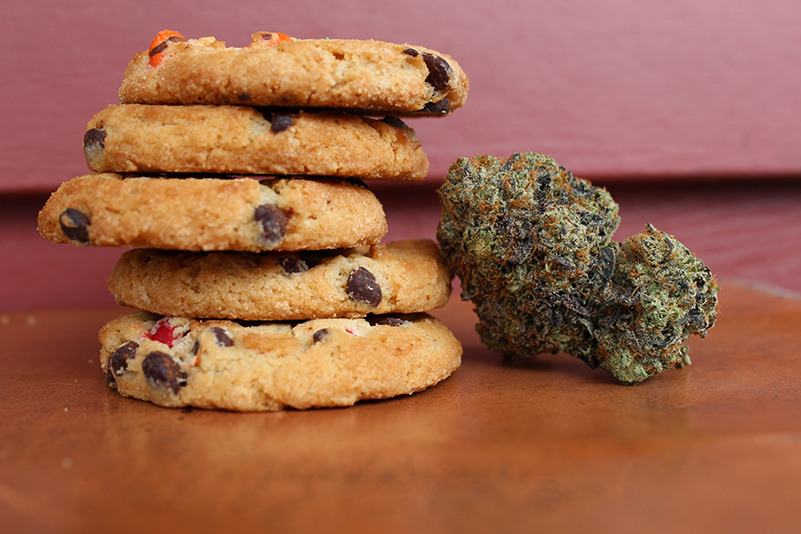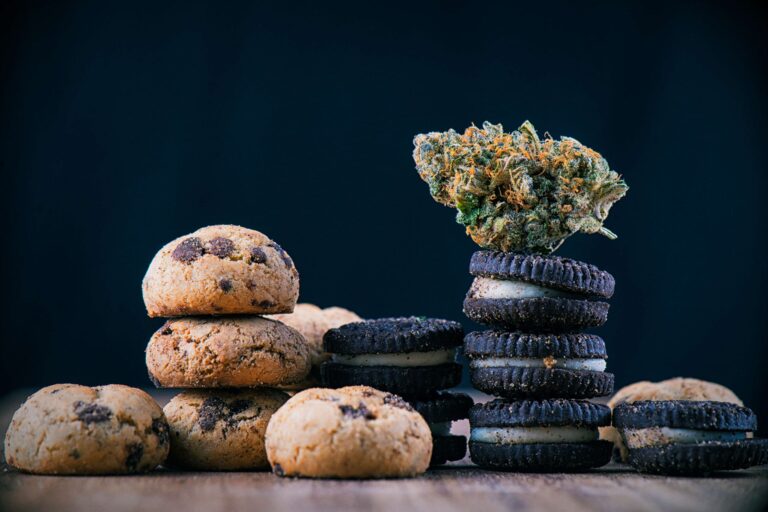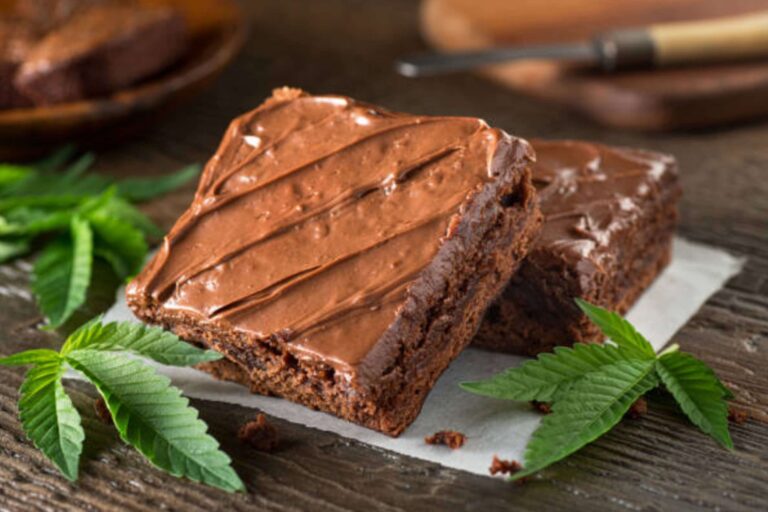LAS VEGAS — The 2014 Farm Bill may have legalized hemp, a type of cannabis plant where CBD comes from, but it wasn’t until 2018 that there was a clear understanding of what could be done with it.
Today, as the food industry awaits FDA approval on CBD for national food sales, many artisan bakers are entertaining how to incorporate cannabis into their baked goods.
At the International Artisan Bakery Expo, held Aug. 17-19 at the Las Vegas Convention Center, Glenn Cybulski of Glenn Cybulski Restaurant Consulting outlined what the growing cannabis industry means for the baking industry, especially as more states legalize THC, the psychoactive element found in cannabinoids.
Cybulski indicated that in 2020, the global CBD market clocked in at $2.8 billion, and it’s trending to close 2021 at around $4 billion.
“We’re all here to capitalize on an opportunity, and the dollars and cents are real,” he said.
In California, CBD isolate costs $6 per gram, which means a milligram is ranging at about half a cent.
“A year and a half ago, it was about 5¢ per milligram,” Cybulski said. “This is a commodity. And big companies are dumping millions of dollars into companies like Constellation Brands that are starting to grow.”
It’s created a flooded market for CBD distillate, which needs an end-product to be sold. Enter edibles.
“The opportunities around using cannabis are endless,” Cybulski said. “And you can demystify cannabis and use it as an ingredient.”
Baking lends itself well to cannabis use because it requires such precision.









